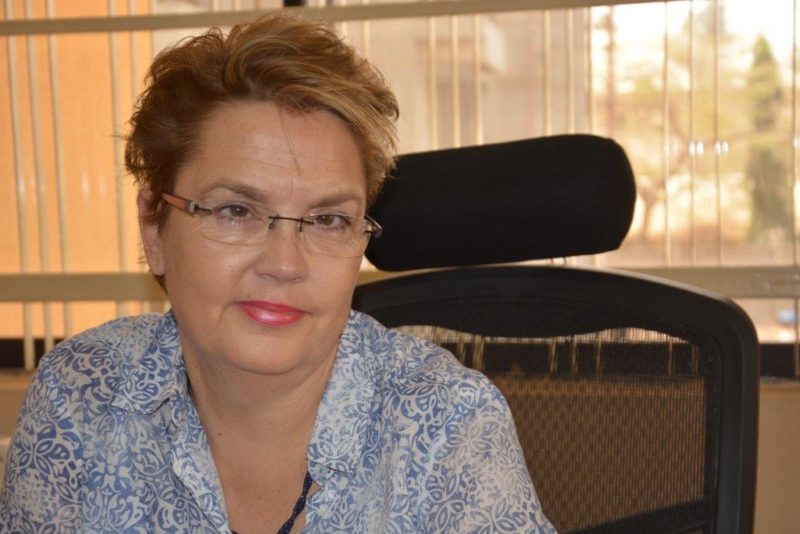As part of global efforts to stamp out sexual violence against women, the United Nation Office on Drugs and Crime (UNODC) Country Office in Nigeria recently completed production of three shorts films depicting the harrowing experiences of sex trafficking victims and their families, while also beaming critical searchlight on child labour and exploitation.

The United Nations General Assembly approved on June 19, 2015 by consensus a resolution to commemorate 19 June as the International Day for the Elimination of Sexual Violence in Conflict, in an effort to boost the global fight against the horrors faced by women and girls in zones of conflict worldwide. The declaration also aims to raise awareness of the need to end conflict-related sexual violence and urge the international community to stand in solidarity with the survivors of sexual violence around the world.
The three films: “Homecoming”, “Lost Children” and “Kelechi” were produced by Homevida, an independence film making entity under the European Union (EU) funded “Promoting Better Management of Migration in Nigeria” project being implemented by UNODC in support of the National Agency for the Prohibition of Trafficking in Persons (NAPTIP).
“Homecoming” portrays the lifestyle of an average, educated family with the desire to have their young daughter school overseas for her undergraduate studies. With the assistance of her aunt, she went to Europe. However, things did not go as planned because, rather than the aunt enrolling her in the university as promised to the parents, she (the aunt) seized her travel documents and enrolled the young girl as a sexual commodity to bring financial returns to the aunt. Nonetheless, she managed to escape from the aunt after several years as a sex slave in Europe, travelled back to Nigeria and was rescued by NAPTIP.
It also describes the shock of the parents when they learnt what she went through with her aunt and the fact that there was no overseas certificate to celebrate. Rather, their daughter came back empty, traumatised and without anything. Through NAPTIP, the family was able to initiate legal action against the aunt.
The two other films, “Lost Children” and “Kelechi”, equally depict the harsh realities of child trafficking, child labour, abuse and ritual killing. Specifically, “Lost Children” shows the vulnerability of young girls and boys hawking on the streets and the different risks associated with children who are left unguided by adults. These risks include being kidnapped and sold for ritual purpose, sexual exploitation, domestic servitude and/or child pornography. “Kelechi” mirrors domestic abuse and servitude in a modern era. It presents the existentialist experience of the vulnerable members of the society.
The Promoting Better Management of Migration in Nigeria project is funded by the EU and implemented by UNODC in support of NAPTIP, the Nigerian Immigration Service and a network of civil society organisations. As part of the project’s strategy to create awareness and illustrate the dangers about Trafficking in Persons (TIP) to the Nigerian audience, especially at communal and grassroots levels, the three short films were produced to illustrate different dimensions of human trafficking.
The project has also adopted “I Am Priceless” as the overarching advocacy slogan and battle cry against sexual exploitation and other forms of exploitation under the “Promoting Better Management of Migration in Nigeria” project. The slogan is a response to the scourge and suffering caused by TIP and Smuggling of Migrants (SOM), it is an inspirational statement intended to communicate an inestimable sense of value, self-worth and dignity of each and every human life, a core principle in all civilized nations. It also is expected to resonate with the young, vulnerable and often, disenfranchised population while also instilling a sense of empowerment that should counter other negative messages that they have experienced or have been communicated to them since childhood or following a trafficking experience. The slogan is a call to value oneself and to build one’s self esteem positively while defying the use of human beings as property to be traded and exploited.
